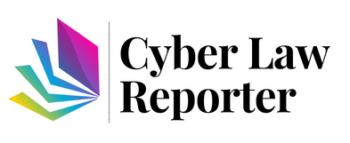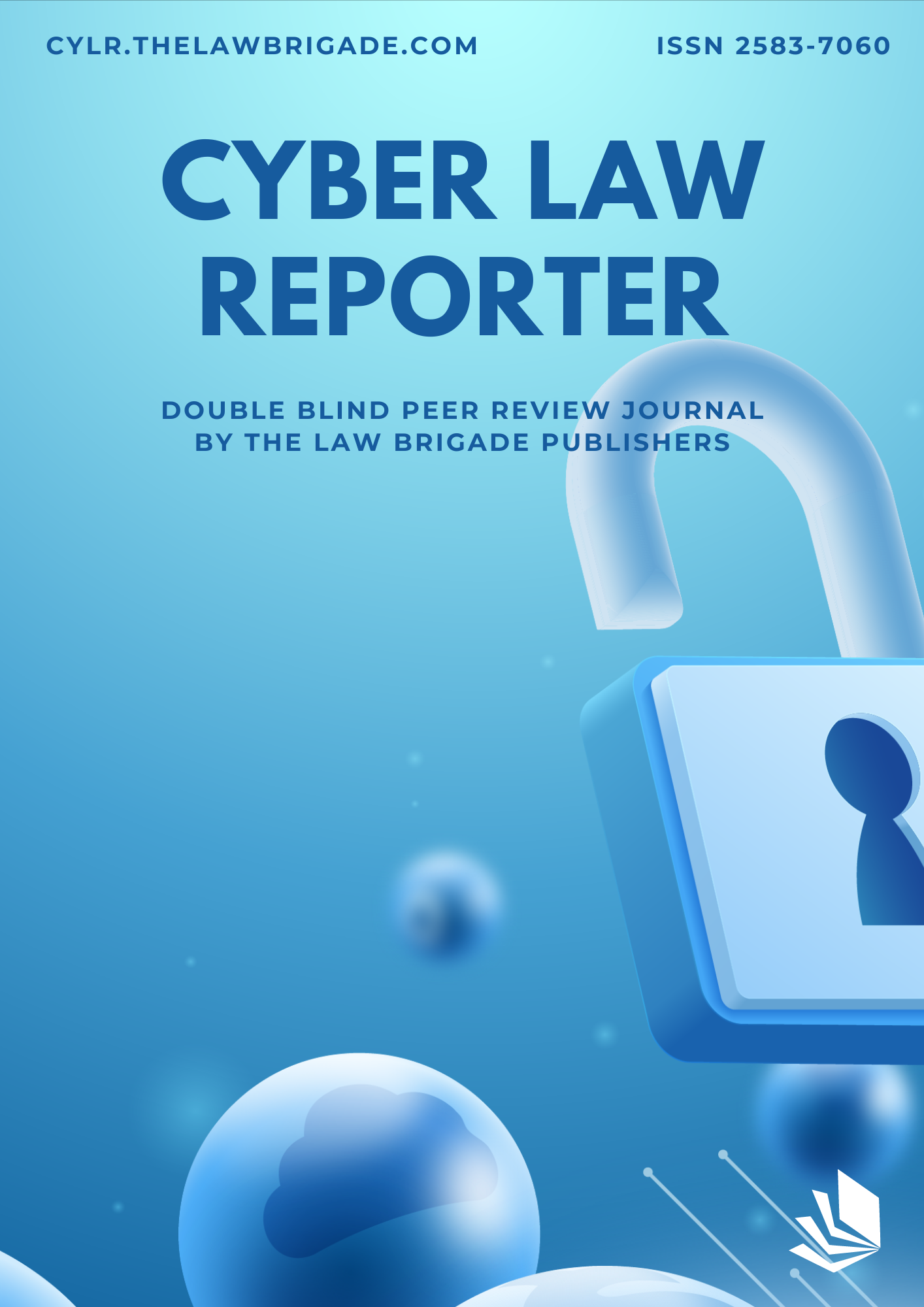The debate between freedom of speech and data privacy has become increasingly relevant in today’s digital age. On the one hand, freedom of speech is a fundamental right that allows individuals to express themselves without fear of censorship or retaliation. On the other hand, data privacy is a right that protects individuals’ personal information from being collected, stored, and shared without their consent. While both freedom of speech and data privacy are important, they can sometimes come into conflict with each other. For example, in the case of social media platforms, individuals may want to express their opinions freely, but this can result in their personal information being collected and shared with advertisers or other third parties.
To address this conflict, it is important to strike a balance between these two rights. One way to do this is through the use of privacy-preserving technologies that allow individuals to express themselves without compromising their personal information. For example, encrypted messaging apps and anonymous social media platforms can provide individuals with a way to communicate freely without sacrificing their privacy. Another way to address this conflict is through legislation and regulation. Governments can enact laws that protect individuals’ data privacy while still allowing for freedom of speech. For example, the General Data Protection Regulation (GDPR) in the European Union provides individuals with control over their personal data while still allowing for freedom of expression.
Ultimately, the debate between freedom of speech and data privacy is a complex and ongoing one. It is important to recognize the value of both rights and to find ways to protect them both in today’s digital landscape.





